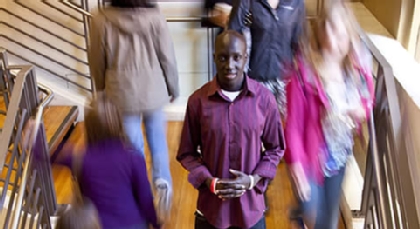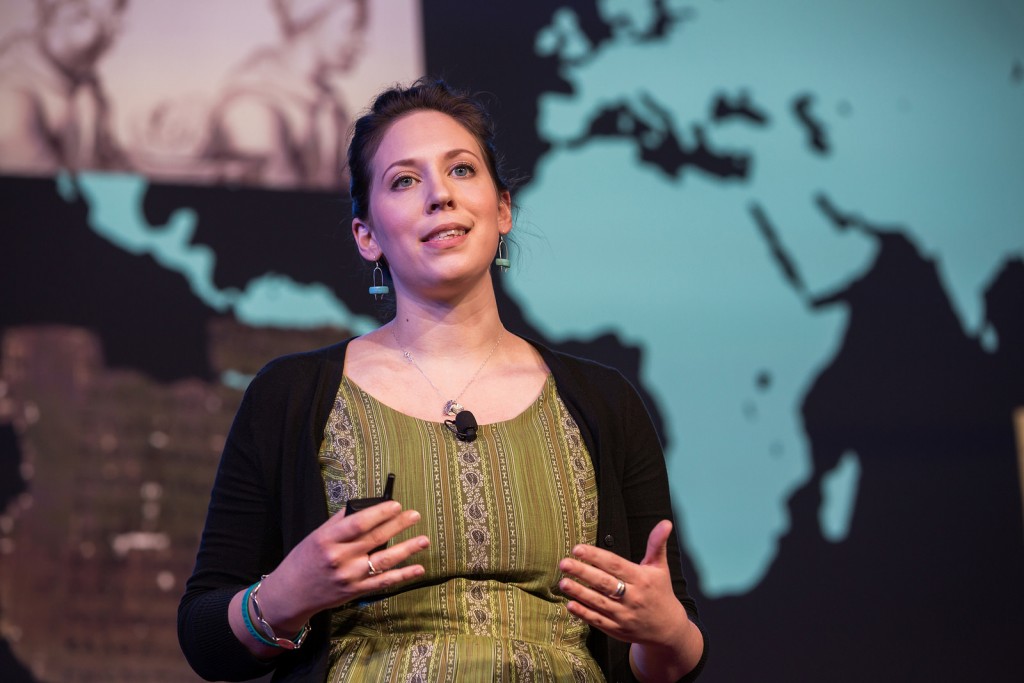Page 277 • (2,822 results in 0.088 seconds)
-
: • were an orphan at the age of 13 or older; • were a ward of the court; • are or were in foster care; • were an emancipated minor or in a legal guardianship as determined by a court in the student’s state of legal residence; or • are an unaccompanied homeless youth or unaccompanied, at risk of homelessness, and self-supporting. If you do not meet one of the conditions listed above, but still cannot get parents to fully complete your FAFSA, you may be facing what the U.S. Department of Education calls
-
developing new sites with available and competent preceptors. The COS acts as liaison to CPNW for PLU, serving as the primary contact between Pacific Lutheran University School of Nursing and the CPNW Clinical Coordinator for the South Region, who coordinates with area health care agencies used for student clinical experiences. Responsibilities include initiating and maintaining clinical contracts, facilitating agency orientations, and troubleshooting clinical placement conflicts. The COS also works to
-
has embodied the PLU mission through service, leadership and care— for other people, for their communities and for the Earth. 2017 Michael Graven ’81 2018 Tisha Graham ’09 2019 Samuel Torvend ’73The Brian C. Olson Student Leadership AwardPresented to a student who has demonstrated commitment to the university and the alumni association. By recognizing the importance of connecting students and alumni, this student has shown a potential for lifelong service to the university.2001-2010 2001 Linda
-
been living in the same area your whole life. PlantStone is a plant identification algorithm that implements a Convolutional Neural Network utilizing the TensorFlow framework to solve this issue. The A.I will be ran as a mobile application created with Java and Android Studios. The mobile app utilizes the user’s phone camera. When the user takes a picture of a plant it will prompt the A.I to analyze the photo and output the name, scientific name, and how to care for the flower to the user’s screen
-
the London stage, which she knew, on Isabella’s authority, rendered everything else of the kind “quite horrid.” She was not deceived in her own expectation of pleasure; the comedy so well suspended her care that no one, observing her during the first four acts, would have supposed she had any wretchedness about her. On the beginning of the fifth, however, the sudden view of Mr. Henry Tilney and his father, joining a party in the opposite box, recalled her to anxiety and distress. The stage could
-

without them. It wasn’t until years later, in America, that he would reconnect with his mother. “I felt I was giving up a lot of myself,” he said. He lived in foster care in Tacoma for those first years. He went to Foss High School. Because everything was so unknown, it was difficult. “It was just nerve racking,” he said. “Just finding a classroom was hard.” In Kakuma, they’d have class in whatever shade was available, maybe in a structure of mud and grass or under a tree. Finding a classroom wasn’t
-

very, very stressful semester,” Hunt said (in addition to classes, a job and bills, her namesake aunt was losing her own battle with cancer). “I was having a hard time. I thought I had an ulcer.” Hunt visited a local urgent-care clinic, which performed nine hours’ worth of tests—and sent her home with Metamucil. Naturally, it didn’t work—and the next time the pain surged, Hunt visited PLU’s Health Center. “Within five minutes, they told me exactly what I needed to hear,” Hunt recalled. “They saw me
-
cumulative grade point average of 3.0 in nursing prerequisite coursework. A cumulative grade point average of 3.0 or higher. Completion of the university math entrance requirement (two years of college preparatory math with average grades of “C” or higher, or one semester of intermediate algebra at the college level with a grade of “C” or higher). Physical health and emotional stability sufficient to meet the demands of nursing and provide safe patient care. Fluency in speaking, reading, and writing
-
with care, with student input and comparison research. The learning communities are assessed on a regular basis so Residential Life can understand how effective and meaningful they are for the students who choose to live in them. Learn more about the PLU history of LCs and research supporting this learning model. Most importantly, ALL students — residential and commuter — are welcome in all of the halls and all of the LCs. Everyone is invited to most hall programs. Students are invited and
-
color to solve the problems,” Hambrick said. “We didn’t create this system of privilege.” In order for people from all backgrounds to work in coalition to dismantle institutional inequities, people must not fear their privilege, she said. Too often people are scared of saying or doing the wrong thing, she said, so they don’t speak out at all. Hambrick said that must change. “All I care about is that the effort is there,” she said. “The learning will come. This work is hard and it’s messy
Do you have any feedback for us? If so, feel free to use our Feedback Form.


